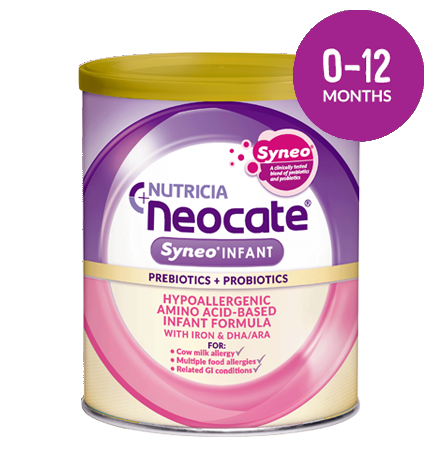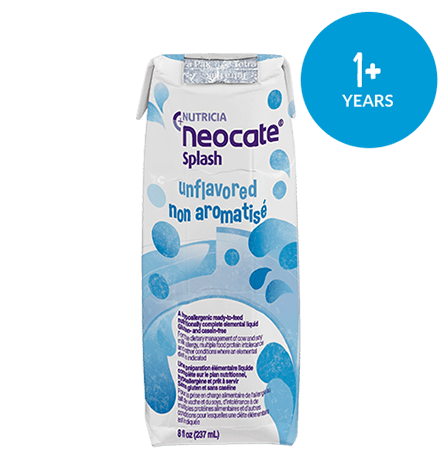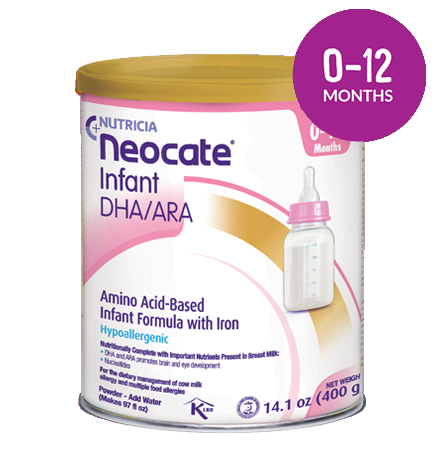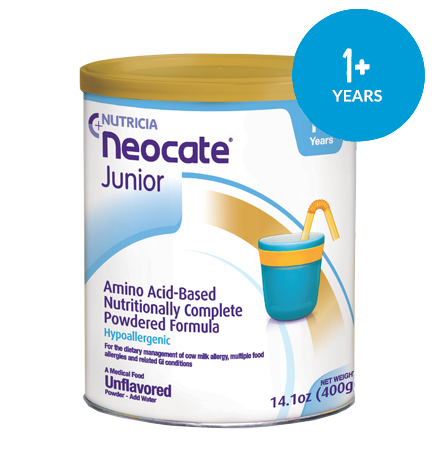A recognized 501(c)3 nonprofit corporation and organization that provides education, support, and advocacy for individuals with FPIES and their families. I-FPIES partners with leaders in the medical community to develop evidence- based research with a focus on early detection and new treatment options.
The FPIES Foundation is an 501c3 Non-profit Foundation dedicated to overcoming the challenges of FPIES by offering tools for education, support and advocacy to empower families and the medical community. Some of the resources available include Kids Corner, Learning Library, Provider Database, The FPIES Patient Registry and The FPIES Toolbox which includes tools such as Advocacy, Doctor visits, Emergency Care, Cooking and Nutrition, and Awareness and Education.
A nonprofit organization formed in 2012 through a merger of the Food Allergy & Anaphylaxis Network (FAAN) and the Food Allergy Initiative (FAI). FARE works on behalf of the 32 million Americans with food allergies, including all those at risk for life-threatening anaphylaxis.
Offers daily assistance and practical food allergy management help. It has a large online peer support group focused on children’s food allergies — a good place for giving and getting help with food ideas, recipes, and cooking challenges.
Registration is free.

 Get More Details About FPIES
Get More Details About FPIES International FPIES Association (I-FPIES)
International FPIES Association (I-FPIES)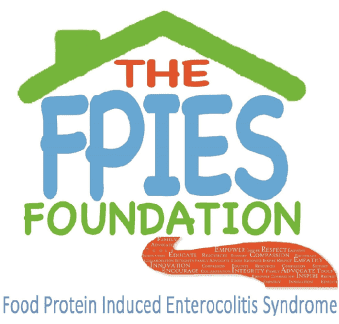 FPIES Foundation
FPIES Foundation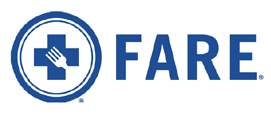 Food Allergy Research & Education (FARE)
Food Allergy Research & Education (FARE) Kids With Food Allergies
Kids With Food Allergies